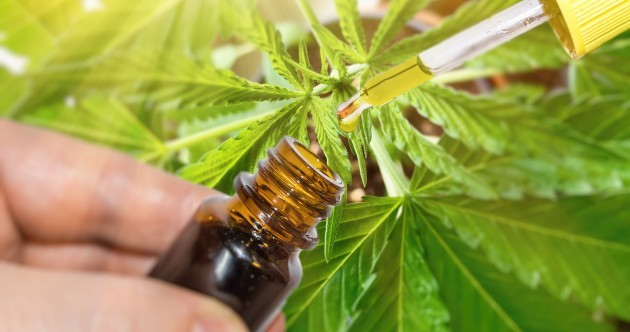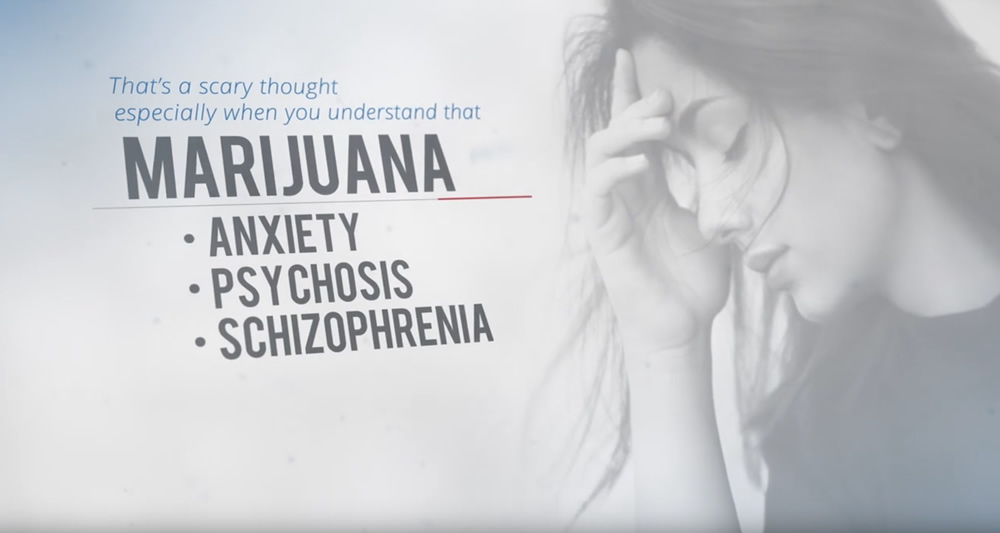
The use of medicinal cannabis in Australia has raised concerns among healthcare professionals due to reported harms, particularly an increase in patients presenting with psychosis after being prescribed the drug. These concerns coincide with the proliferation of “single-issue” cannabis clinics that offer prescriptions via telehealth with minimal oversight.
Professor Brett Emmerson from the Royal Australian and New Zealand’s College of Psychiatrists advocates for stronger regulations, citing cases where patients have experienced their first psychotic episode or relapsed due to medicinal cannabis. He criticizes the lack of communication between prescribing doctors and patients’ regular healthcare providers, which delays awareness of cannabis prescriptions.
Dr. Jennifer Martin highlights additional issues such as cannabis hyperemesis syndrome and high-potency psychoactive products leading to hospital admissions. Both emphasize the prevalence of online prescriptions without adequate patient-doctor interactions.
While medicinal cannabis is legal in Australia for certain conditions like severe childhood epilepsy and cancer-related vomiting, critics argue that it’s often prescribed for anxiety and insomnia despite lacking evidence of effectiveness. The Royal Australasian College of Physicians stresses the need for regulatory reforms to align prescribing practices with medical evidence and minimize potential harm.
In response to these concerns, there have been calls for the Therapeutic Goods Administration (TGA) to tighten regulations, limit THC-containing products, and enhance oversight of prescribing practices to ensure patient safety.
Original article found here


